
In today's environmentally conscious world, creating a green and eco-friendly home is becoming increasingly important. This article will outline the 12 essential elements for achieving an eco-friendly home, including:
- Energy-efficient appliances
- Solar panels
- Insulation
- LED lights
- Green roofing
- Natural cleaning products
- Low-flow water fixtures
- Smart thermostats
- Organic gardening
By implementing these practices, homeowners can reduce their carbon footprint, save on energy costs, and contribute to a sustainable future.
Whether you are an eco-warrior or simply seeking practical ways to go green, this guide offers valuable insights for creating an environmentally friendly living space.
Energy-Efficient Appliances
Energy-efficient appliances are essential for creating a green and eco-friendly home. By investing in appliances that are designed to use less energy, homeowners can significantly reduce their environmental impact and save on energy costs.
One key appliance to consider is a solar water heater, which harnesses the power of the sun to heat water for household use. This not only reduces dependence on fossil fuels but also lowers energy bills.
Additionally, conducting regular energy audits can help identify areas where energy is being wasted and suggest improvements. These audits can highlight opportunities for appliance upgrades or changes in usage patterns to maximize energy efficiency.
Solar Panels
When considering solar panels for your home, there are several key points to keep in mind.
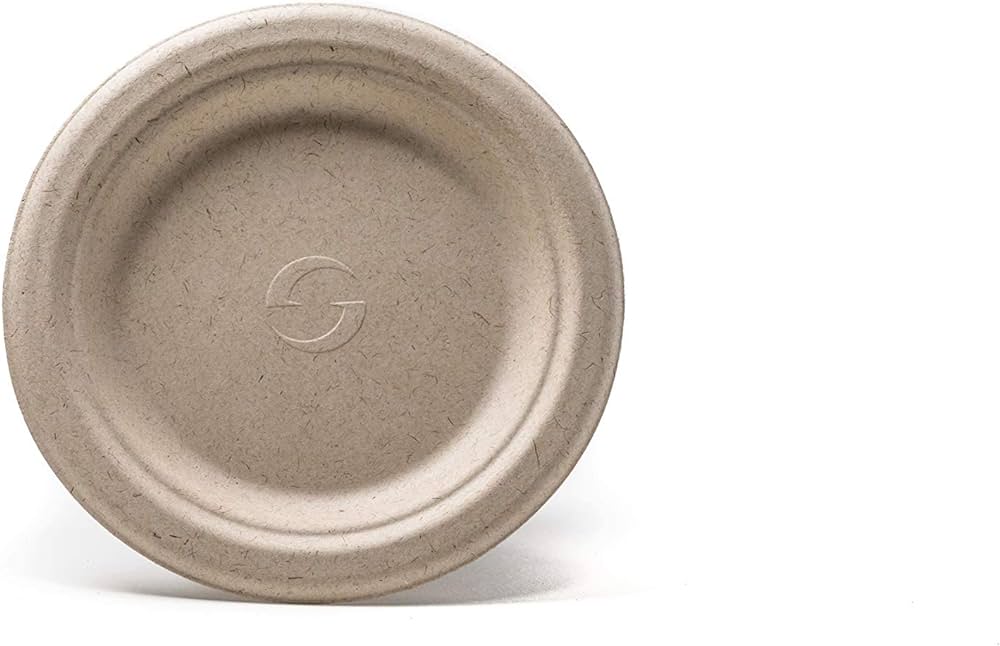
First, cost and savings play a crucial role, as installing solar panels can require a significant upfront investment but can result in long-term savings on electricity bills.
Additionally, installation and maintenance should be carefully considered, as solar panels require proper installation and periodic cleaning to ensure optimal performance.
Lastly, the environmental benefits of solar panels cannot be overlooked, as they reduce reliance on fossil fuels and contribute to a cleaner, greener future.
Cost and Savings
Installing solar panels can provide significant cost savings for homeowners. Here are some reasons why investing in solar panels can be cost-effective and offer a good return on investment:
- Lower electricity bills: Solar panels generate electricity from sunlight, reducing the need to rely on traditional energy sources and lowering monthly utility bills.
- Government incentives: Many countries offer incentives such as tax credits and grants to encourage the adoption of solar energy, further reducing the cost of installation.
- Increased home value: Homes equipped with solar panels often have higher market value, providing homeowners with a potential return on investment when selling their property.
- Long-term savings: While the initial cost of installing solar panels may be higher, the long-term savings on electricity bills can offset the investment, leading to significant cost savings over time.
Investing in solar panels not only helps homeowners save money but also contributes to a greener and more sustainable future.
Installation and Maintenance
To ensure the efficient operation and longevity of solar panels, proper installation and regular maintenance are essential.
When it comes to installation techniques, it is crucial to hire a professional with expertise in solar panel installation. They will ensure that the panels are positioned correctly to maximize sunlight absorption and minimize shading. In addition, they will ensure that the panels are securely mounted to withstand various weather conditions.

Regular maintenance practices are also important to keep solar panels in optimal condition. This includes cleaning the panels periodically to remove dust, debris, and any other obstructions that may hinder their performance. It is also recommended to inspect the panels for any signs of damage or wear and tear and address them promptly.
Environmental Benefits
Solar panels offer numerous environmental benefits that make them an essential component of a green and eco-friendly home. Here are some of the key advantages:
- Reduction in carbon footprint: Solar panels generate clean and renewable energy, reducing reliance on fossil fuels and minimizing greenhouse gas emissions.
- Conservation of natural resources: By harnessing the power of the sun, solar panels help conserve precious resources like coal, oil, and natural gas.
- Decreased air pollution: Solar energy production does not release harmful pollutants into the atmosphere, improving air quality and promoting healthier living conditions.
- Energy efficiency: Solar panels can be combined with energy-efficient appliances to further reduce energy consumption, leading to cost savings and less strain on the environment.
Embracing solar panels not only benefits the environment but also contributes to a more sustainable future, providing individuals with the freedom to live in harmony with nature.
Insulation
Proper insulation is essential for a green and eco-friendly home.
By choosing energy-saving insulation options, homeowners can significantly reduce their energy consumption and carbon footprint.
Additionally, proper insulation helps maintain a comfortable indoor temperature, reducing the need for excessive heating or cooling, and ultimately saving on energy costs.
Energy-Saving Insulation Options
Energy-efficient insulation is a crucial aspect of creating a green and eco-friendly home. By properly insulating your home, you can reduce energy consumption, lower utility bills, and minimize your carbon footprint. Here are two energy-saving insulation options to consider:
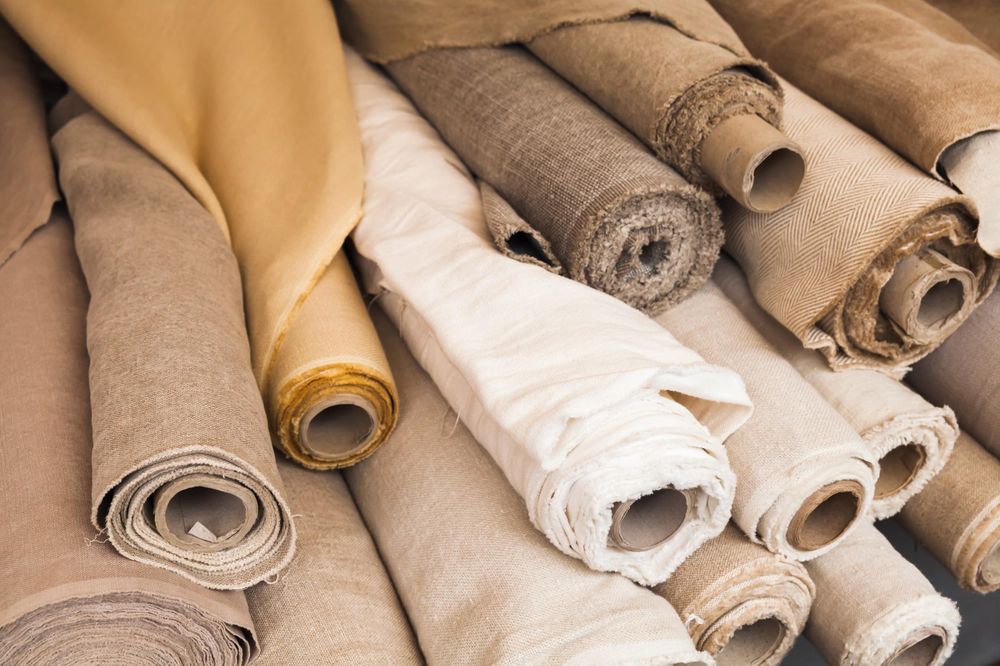
- Energy Saving Windows: Installing energy-efficient windows can significantly reduce heat gain or loss, improving insulation and reducing the need for heating or cooling. Look for windows with low-emissivity coatings and multiple panes to enhance insulation properties.
- Renewable Energy Sources: Incorporating renewable energy sources like solar panels or geothermal systems can help power your home while reducing your reliance on traditional energy sources. These technologies not only provide sustainable energy but can also contribute to long-term savings.
Importance of Proper Insulation
Adequate insulation is essential for creating a green and eco-friendly home. Proper insulation helps to reduce energy consumption, lower utility bills, and minimize the carbon footprint of a house.
One of the key areas where insulation plays a crucial role is in the windows. Energy-saving windows, also known as double or triple glazed windows, have a layer of insulation between the panes to prevent heat transfer. These windows help to maintain a comfortable temperature inside the home, reducing the need for artificial heating or cooling.
Additionally, eco-friendly heating systems, such as geothermal or solar-powered heating, work more efficiently in a well-insulated home. They require less energy to maintain a comfortable temperature, further reducing the environmental impact.
LED Lights
LED lights are an effective and environmentally-friendly lighting option for homes. They offer numerous benefits and are easy to install. Here are some reasons why you should consider using LED lights in your home:
- Energy-efficient: LED lights consume significantly less energy compared to traditional incandescent bulbs, helping you save on electricity bills and reduce your carbon footprint.
- Long lifespan: LED lights have a longer lifespan, lasting up to 25 times longer than incandescent bulbs. This means fewer replacements and less waste.
- Durability: LED lights are built to withstand harsh conditions and are resistant to shock, vibrations, and extreme temperatures.
- Instant brightness: LED lights provide instant illumination, eliminating the need for warm-up time.
- Versatility: LED lights come in various colors and designs, allowing you to customize the ambiance of your home.
Installing LED lights is a simple and cost-effective way to make your home more eco-friendly while enjoying the benefits of long-lasting and energy-efficient lighting.
Green Roofing
Continuing with the focus on sustainability in home construction, an important aspect to consider is the implementation of green roofing.
Green roofing refers to the use of living plants and vegetation as a roof covering, providing numerous environmental benefits.

One of the main advantages of green roofing is its ability to reduce stormwater runoff. The plants absorb rainwater, preventing it from overwhelming drainage systems and reducing the risk of flooding.
Additionally, green roofs act as natural insulators, reducing heating and cooling costs by providing an extra layer of insulation. They also improve air quality by filtering pollutants and absorbing carbon dioxide.
Furthermore, green roofs can be utilized for composting, allowing homeowners to recycle organic waste and create nutrient-rich soil.
Composting
Composting is an essential practice for creating a green and eco-friendly home. Not only does it benefit the environment by reducing waste sent to landfills, but it also produces nutrient-rich soil for gardening and landscaping.
To ensure successful composting, it is important to follow tips such as maintaining the right balance of green and brown materials, regularly turning the pile, and keeping it moist.
Composting Benefits Environment
The practice of composting contributes to a healthier environment. Composting benefits the environment in several ways, particularly when it comes to organic gardening:
- Reduces waste: Composting allows you to divert organic waste from landfills, reducing methane emissions and the need for chemical fertilizers.
- Improves soil quality: Compost enriches the soil by providing essential nutrients, improving water retention, and promoting beneficial microbial activity, resulting in healthier plants and increased crop yields.
Composting also offers personal benefits, such as:
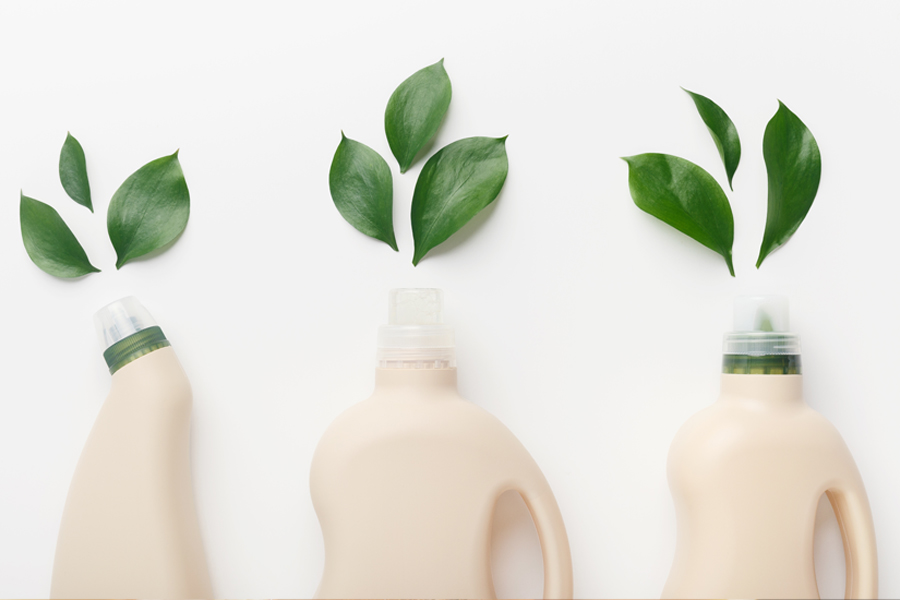
- Cost savings: By composting, you can reduce your reliance on store-bought fertilizers and soil amendments, saving money in the long run.
- Promotes self-sufficiency: Composting empowers individuals to take control of their own food production, leading to a sense of independence and freedom.
Tips for Successful Composting
To ensure successful composting, it is essential to follow these tips and guidelines.
First, choose the right composting technique that suits your needs and space. You can opt for traditional composting, vermicomposting, or even bokashi composting.
Next, invest in a composting bin that is sturdy, well-ventilated, and easy to maintain. There are various options available, such as tumblers, bins, or homemade structures.
Properly layer your compost pile with a balance of green and brown materials, ensuring a good mix of nitrogen and carbon-rich materials.
Regularly turn and aerate the pile to facilitate decomposition.
Maintain the right moisture level by adding water when needed.
Avoid adding meat, dairy, or oily items to prevent odors and attract pests.
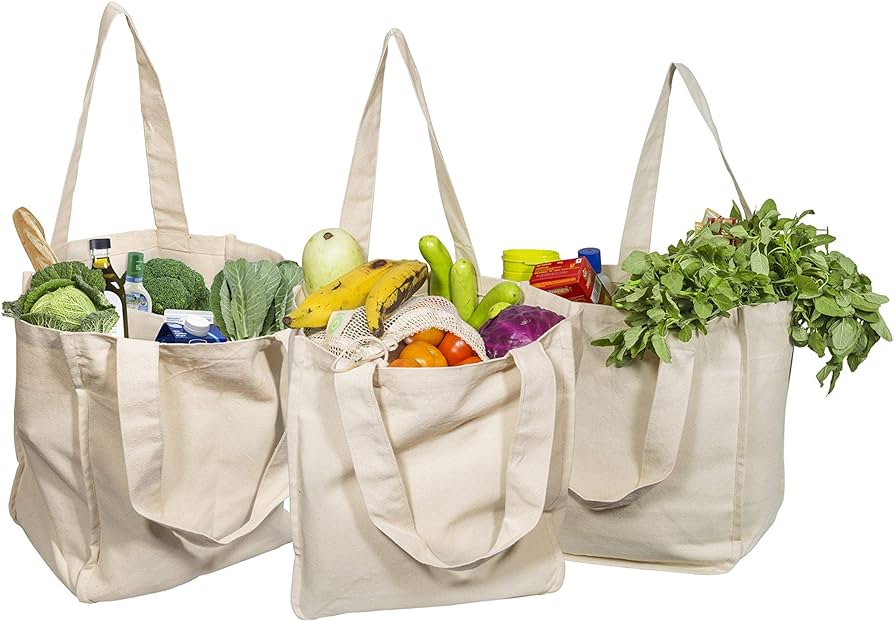
Rainwater Harvesting
Rainwater harvesting is a sustainable method of collecting and storing rainwater for various uses in a home. It is an eco-friendly plumbing solution that promotes self-sufficiency and reduces water consumption. Here are two reasons why rainwater harvesting can evoke a sense of freedom and empowerment in homeowners:
- Water Conservation: By collecting rainwater, homeowners can reduce their reliance on traditional water sources, such as municipal supplies or wells. This independence allows individuals to have control over their water usage and contribute to the preservation of natural resources.
- Cost Savings: Implementing a rainwater collection system can lead to significant savings on water bills. In addition, it offers a backup supply during water shortages or emergencies, ensuring uninterrupted access to water without relying solely on external sources.
Sustainable Materials
Sustainable materials play a vital role in creating a green and eco-friendly home. When it comes to flooring, opting for sustainable options such as bamboo, cork, or reclaimed wood can significantly reduce the environmental impact. These materials are renewable, durable, and often produced using eco-friendly manufacturing processes.
Additionally, eco-friendly paint is an excellent alternative to conventional paints that contain harmful chemicals. Low VOC (volatile organic compounds) or zero VOC paints eliminate toxic emissions, improving indoor air quality and reducing health risks. They are also made from plant-based or water-based ingredients, making them safer for both the environment and occupants.
Natural Cleaning Products
When it comes to maintaining a green and eco-friendly home, one essential aspect to consider is the use of natural cleaning products. By opting for natural cleaning products, you not only protect the environment but also safeguard your health and the well-being of your family.
Here are a few reasons why using natural cleaning products is a great choice:
- Healthier Living: Natural cleaning products are free from harsh chemicals, toxins, and synthetic fragrances. They are safer for your skin, respiratory system, and overall health.
- Environmental Protection: Traditional cleaning products often contain harmful chemicals that can pollute waterways and negatively impact ecosystems. Natural cleaning products, on the other hand, are biodegradable and do not contribute to pollution.
- Versatility: Natural cleaning products can be used for a variety of cleaning tasks, from countertops to laundry. They are effective, efficient, and can replace multiple chemical-laden products.
Low-Flow Water Fixtures
To achieve a more environmentally friendly home, consider incorporating low-flow water fixtures.
Energy efficient toilets and water-saving showerheads are excellent options for reducing water consumption without sacrificing functionality. Energy efficient toilets use less water per flush compared to traditional toilets, helping to conserve water and reduce your utility bills.
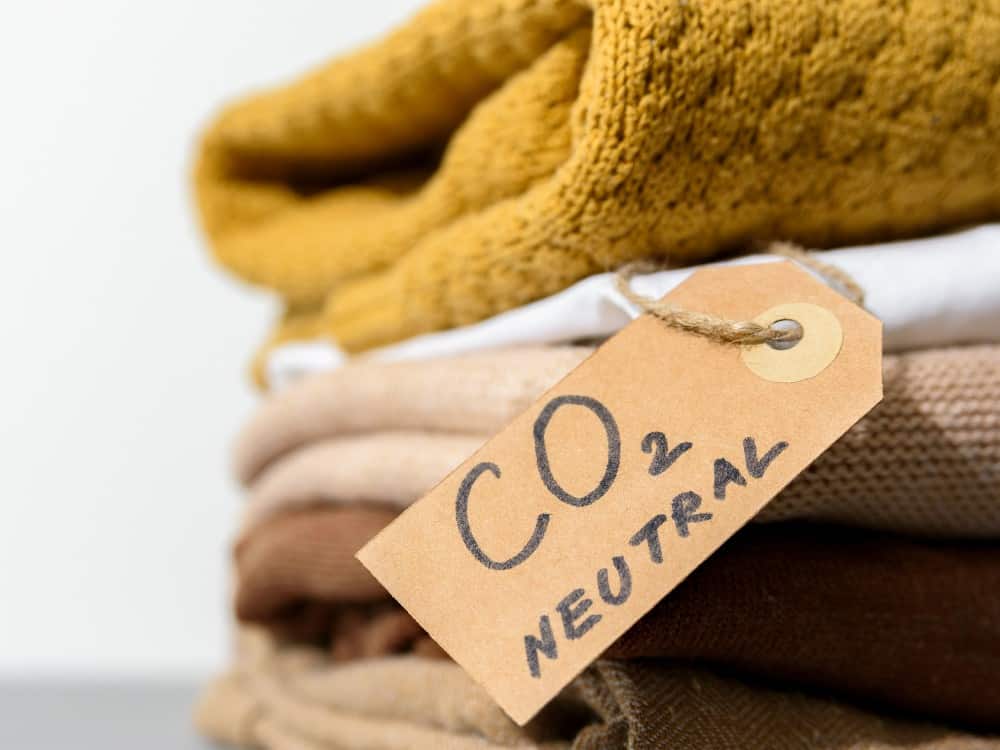
Water-saving showerheads are designed to limit water flow while still providing a satisfying shower experience. These fixtures are equipped with features such as aerators or flow restrictors that mix air with water, maintaining water pressure while using less water.
Smart Thermostats
Smart thermostats are a practical investment for an environmentally conscious home. These innovative devices not only provide convenience but also help reduce energy consumption and lower utility bills. Here are two reasons why smart thermostats are essential for a green and eco-friendly home:
- Energy efficiency: Smart thermostats enable precise temperature control and can learn household patterns to optimize energy usage. This helps reduce wasted energy and ensures that heating and cooling systems are only used when needed, resulting in significant energy savings.
- Remote access and scheduling: With smart thermostats, homeowners can manage and monitor their home's temperature settings from anywhere using a smartphone or computer. This allows for efficient energy management, ensuring that the home remains comfortable while minimizing energy waste.
Investing in a smart thermostat is a simple yet effective step towards creating a more sustainable and eco-friendly living environment.
Organic Gardening
Implementing organic gardening practices is crucial for creating a sustainable and eco-friendly home.
Organic gardening relies on natural methods and avoids the use of synthetic chemicals and pesticides.
One key aspect of organic gardening is the use of organic fertilizers, such as compost or animal manure, which enrich the soil with essential nutrients without harming the environment.
Another important technique is companion planting, which involves planting compatible species together to promote healthy growth and deter pests. For example, planting marigolds alongside tomatoes can help repel harmful insects.

Organic gardening not only ensures the production of healthy and chemical-free fruits and vegetables but also supports biodiversity and reduces our carbon footprint.
Frequently Asked Questions
How Can I Reduce My Energy Consumption Without Purchasing Energy-Efficient Appliances?
Reducing energy consumption without purchasing energy-efficient appliances can be achieved by implementing sustainable heating options such as using programmable thermostats, insulating windows and doors, optimizing natural light, and utilizing energy-saving practices like turning off lights when not in use.
Are There Any Grants or Financial Incentives Available for Installing Solar Panels?
There are grants, tax credits, and financial incentives available for installing solar panels, which can help offset the cost of installation and encourage the adoption of renewable energy sources in residential homes.
What Are Some Alternative Options for Insulation That Are More Eco-Friendly Than Traditional Materials?
Eco-friendly insulation options are gaining popularity as sustainable alternatives to traditional materials. These options, such as recycled denim, sheep's wool, and cellulose, provide effective thermal insulation while minimizing environmental impact in a green and eco-friendly home.
Are There Any Health Benefits to Using LED Lights Compared to Traditional Incandescent Bulbs?
LED lights offer numerous health benefits compared to traditional incandescent bulbs. They emit less heat, reducing the risk of burns and fire hazards. LED lights also do not contain harmful substances like mercury, making them safe for both humans and the environment. Additionally, LED lights are more cost-effective in the long run due to their energy efficiency and longer lifespan.
How Can I Maintain a Green Roof and Ensure Its Longevity?
To maintain a green roof and ensure its longevity, it is essential to regularly inspect for any damage or leaks, clean debris, and provide proper irrigation. Additionally, using eco-friendly roofing materials can contribute to the overall sustainability of the home.
 Business & FinanceHealth & MedicineTechnologyLifestyle & CultureScience & EnvironmentWorld NewsPrivacy PolicyTerms And Conditions
Business & FinanceHealth & MedicineTechnologyLifestyle & CultureScience & EnvironmentWorld NewsPrivacy PolicyTerms And Conditions
